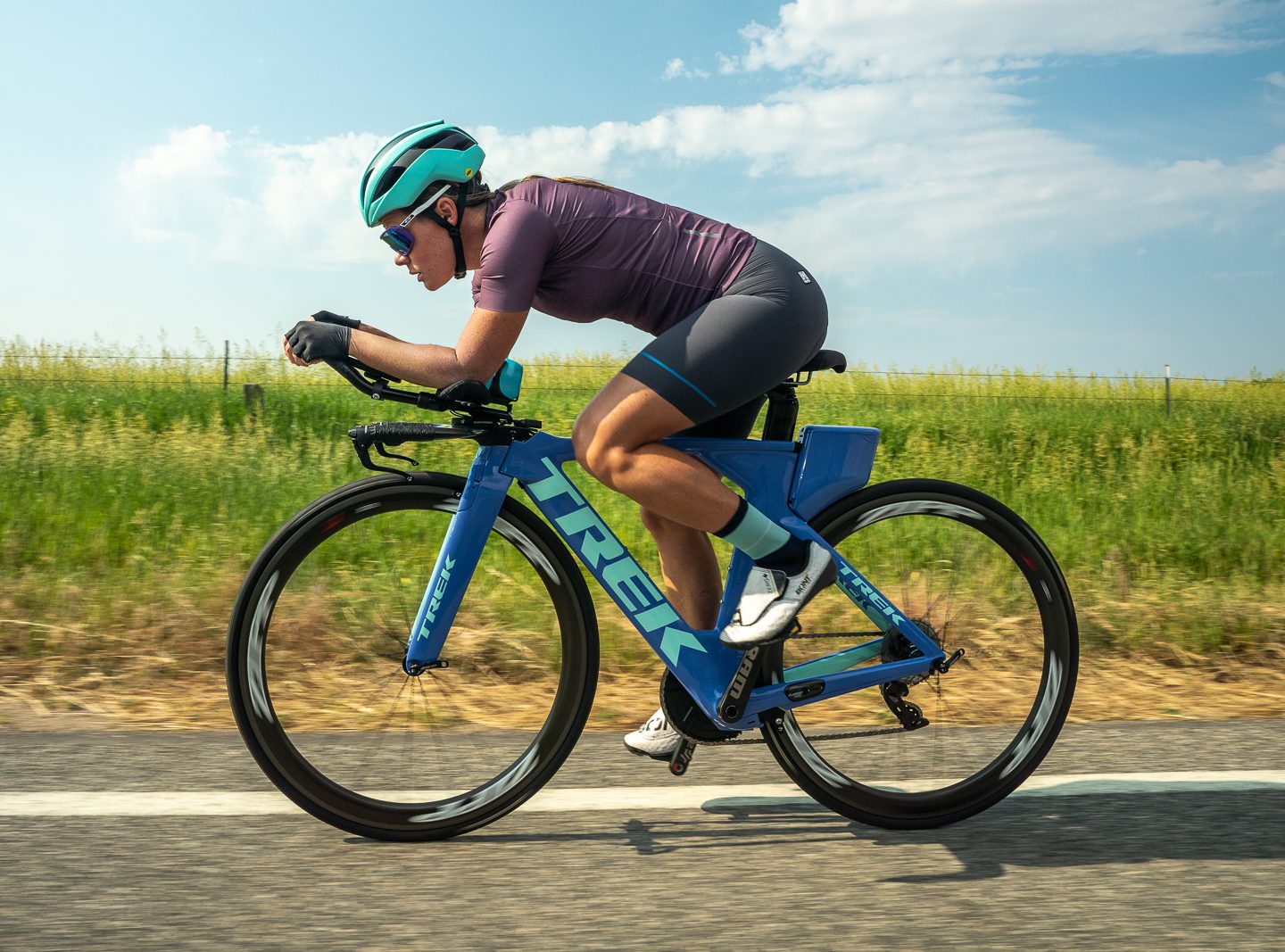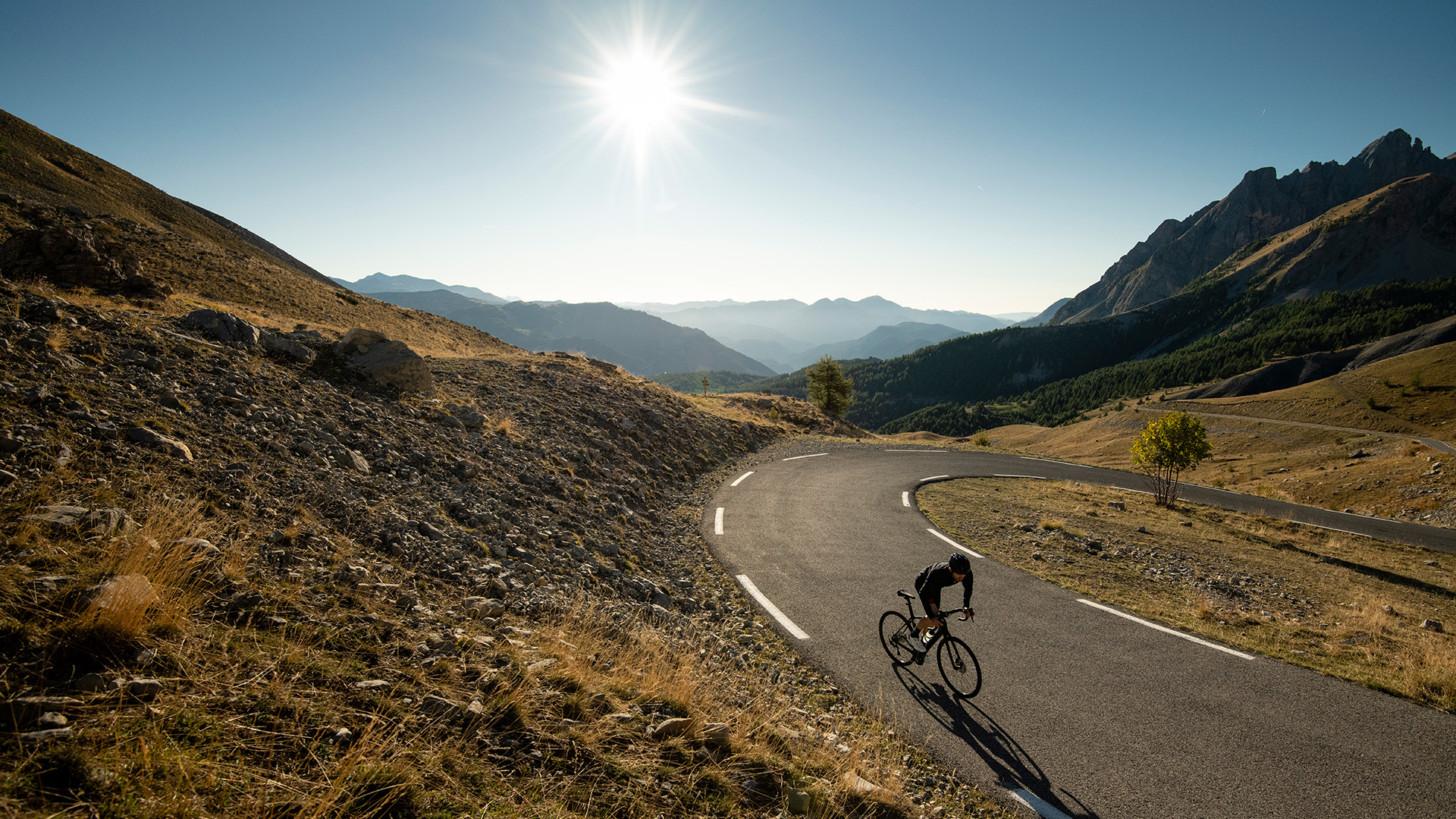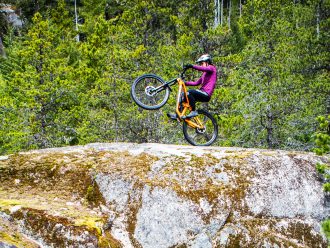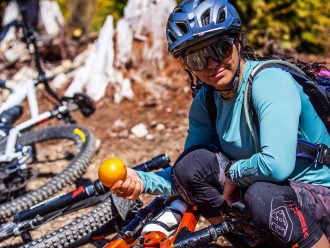- How to
- 11 August, 2021
- Louis Bien
Appreciate your progress If you never stop to admire how far you've come, what's the point?
This is Part 3 of a series detailing my journey to ride my first century as part of the Trek 100 on Aug. 21. Here’s Part 1 explaining who I am. And Part 2 talking to Trek-Segafredo head of performance Josu Larrazabal about how to train for my ride.
The Trek 100 raises money for the MACC Fund, which is fighting to end childhood cancer and related blood disorders. You should DONATE TO MY RIDE or even just DONATE DIRECTLY TO THE MACC FUND. Either way your money goes to the same great cause.
* * *
Appreciate your progress.
Training for something — in this case, a 100-mile bike ride — involves setting a lot of goals. You have to plan a lot in advance, from when to set your next alarm, to when you’ll squeeze in rides that week, to how you’ll celebrate after the big event. But if there is a “point” to the process, it should be the three words at the top of this blog.
Really, that’s it. Getting better at something, then having the presence of mind to appreciate that you’ve become competent at anything, is the only point. What’s the use otherwise? What a cursed existence to go farther, go faster, and never stop to regard what you’ve done.
“You just have to kind of forget about where you were and where you need to get back to.”
– Mirinda “Rinny” Carfrae on progress
That progress should be appreciated may seem obvious to some, but it wasn’t so explicitly clear to me until I recently spoke with Trek’s newest triathlete. Mirinda “Rinny” Carfrae is a three-time Ironman world champion who is in the process of rebuilding her elite level form for the second time after having a child.
In her introduction story, Carfrae described her current phase of training as both difficult and rewarding. As someone who has stood atop the world in one of mankind’s most demanding sports, she didn’t like being forced to reset her progress and perform below her high standards. At the same time, climbing back into elite shape brought her back to the halcyon days of being a beginner, a time when progress came easily and abundantly.
“The improvements that you see every week [as a pro triathlete] are very few and far between when you see real numbers that are better, like higher FTP on the bike, or faster run times, or faster swim times,” she said. “But after you’ve had a baby, it’s almost weekly that you’re like, ‘Wow, I’m three seconds faster per 100’ or whatever. And I think that when you focus on that, it’s just such a positive mindset. You just have to kind of forget about where you were and where you need to get back to.”
Beginners have an advantage over athletes like Carfrae: They don’t have anywhere “to get back to.” There’s bliss in not knowing your limit. Think back to the dew-y days of youth when your life wasn’t fenced in by so many arbitrary measures — salary, social media followers, sundry responsibilities, etc. You didn’t know what you were capable of, so your presumption was “anything.” Rightly so! And each new barrier crossed empowered you to tromp past more.
Taking up cycling in my early 30s has given me some of that old youthful exuberance. I’ve never pushed myself as far and fast as I can go (“fast” isn’t really part of my mission anyway, I just want to get past the finish line), which makes every ride uncharted territory. My greatest recent epiphany was the realization that 20 miles doesn’t feel that hard. That used to be a long day. Now, after riding consistently for five-ish weeks, it’s a baseline.
Not every bit of progress needs to be fitness based. I get equal joy out of simply not hurting myself. I guess you might call that “bike handling,” but true cyclocrossers would probably scoff at the denigration of the term. Still: I can grab a water bottle in stride without wobbling all over the bike path now! I can signal at intersections without ironically veering into oncoming traffic! I can ride clipless pedals now! (And though uttering this out loud is a terrible jinx, I’m proud that I haven’t tipped over yet!)
I’ll revel in what I have now instead, happy in a period when I’m just past my worst, and unaware of what my “best” should be.
I’m shouting all this from my digital rooftop because I know it may not last. My newly-learned bike skills will become rote. Maybe I’ll get tired of my same old bike routes when my average speed stops ticking up. Maybe I’ll plain ‘ol get tired: it’s hard to do the same motions every day, even if you are leveling up and seeing new sights.
It seems inconceivable now as someone who is so enamored with cycling at the moment, but I’ve lived long enough to learn that enthusiasm dissipates. A dark reframing of expectations sets in. If you stick with something, you can become jaded by your success. We see it frequently in endurance athletes like triathletes and road cyclists. Those sports demand hours upon miles of commitment for a drip feed of progress, weeding out all but the most dogged competitors.
There’s no question it’s fun to be fast, and existing on an ascendant plane of otherworldly climbers, sprinters and rouleurs may give one a perpetual sense of gratification. Who knows, I am not, nor plan to be, that good at anything.
I’ll revel in what I have now instead, happy in a period when I’m just past my worst, and unaware of what my “best” should be. I’ll wrap myself in this feeling because it’s wholly mine, outside of the complex network of interlocking structures that otherwise dictate the limits of what I can do. And I’ll hold on tight, because eventually progress slows down, slips away, and we call it the good ‘ol days.
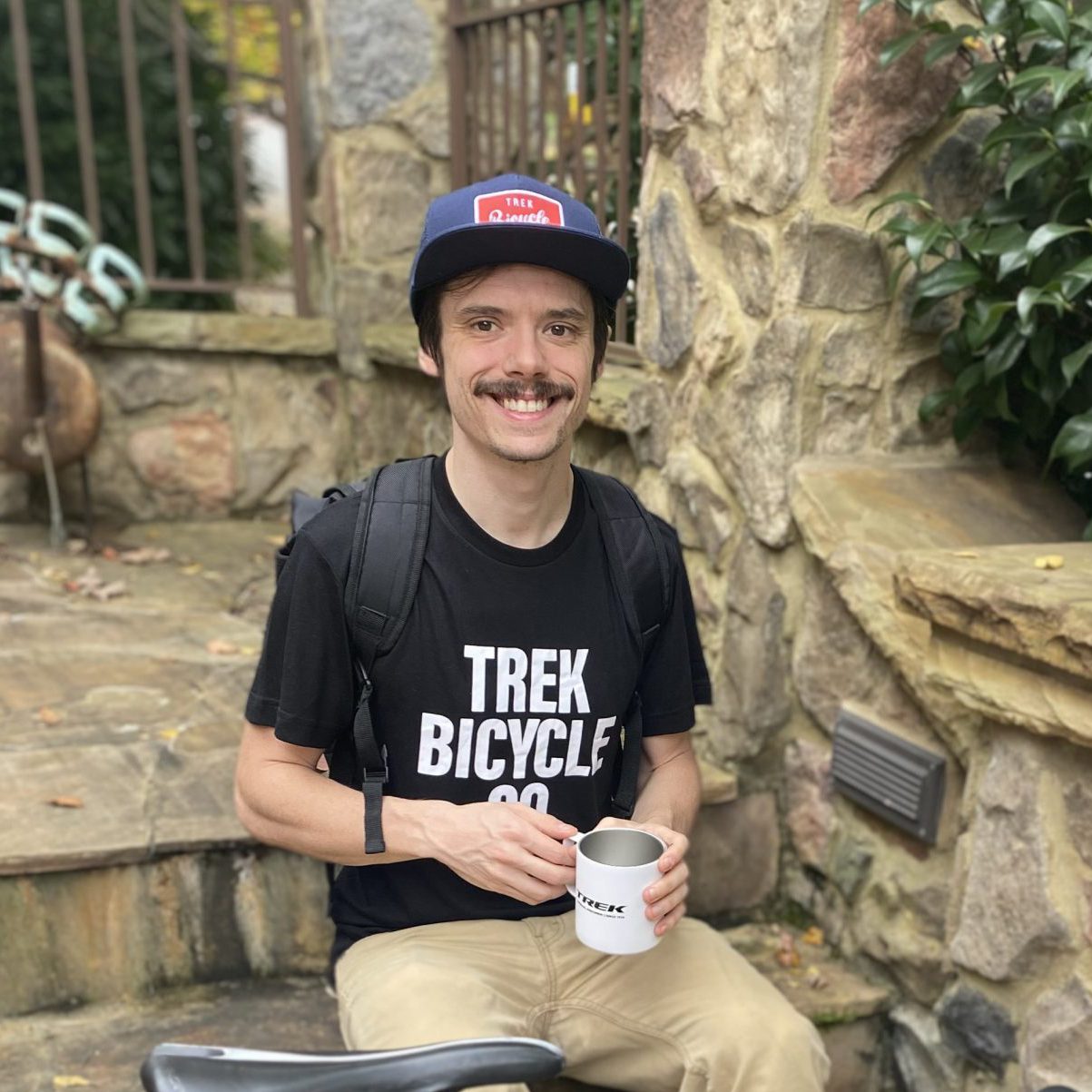
About the Author: Louis Bien
Louis Bien is the content creator and coordinator for the Trek Race Shop.

